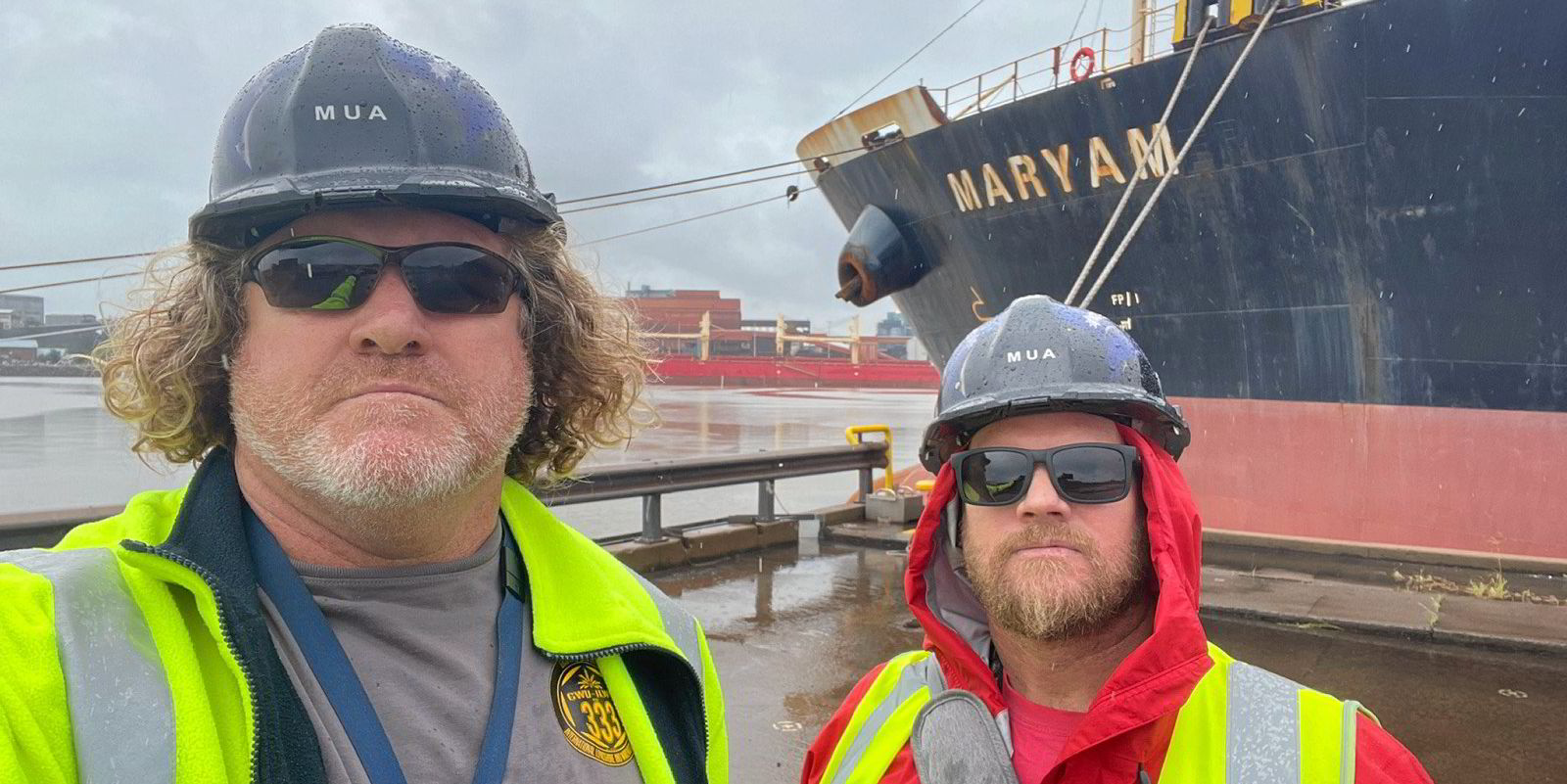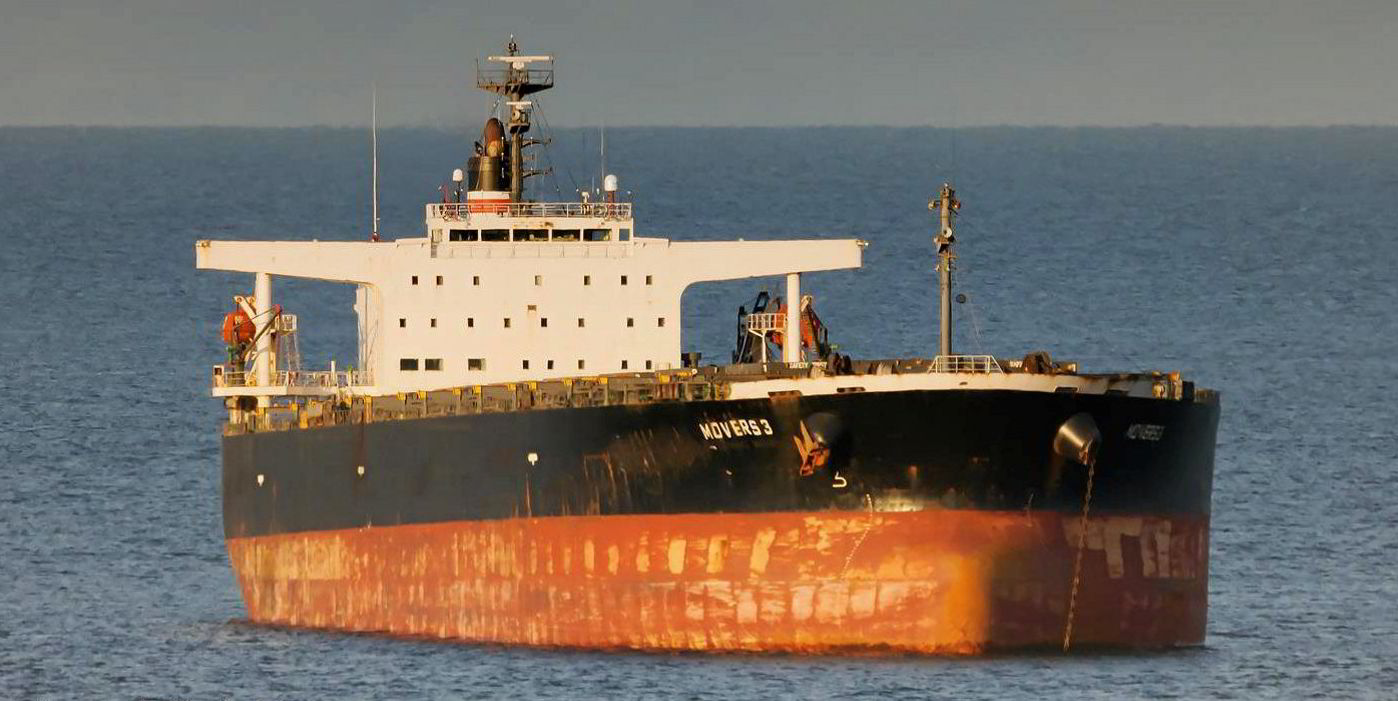Panama has introduced a new compulsory checklist for bulkers heading to Australia after two ships registered with the flag state received lengthy bans due to major safety and maintenance issues.
In May, Australian authorities slapped a three-year ban on Aswan Shipping’s 97,000-dwt Maryam (built 2004) and an 18-month ban on its 91,800-dwt Movers 3 (built 2002).
Both had a litany of problems ranging from unsafe working and living conditions to unpaid wages and other Maritime Labour Convention abuses, including expired contracts.
Australian maritime authorities said at the time that Aswan Shipping had shown a “complete disregard for its obligations to provide decent working and living conditions for its seafarers, and had not ensured its ships were maintained so they were safe for the crew and Australia’s marine environment”.
While it made no mention of the Aswan ships, Panama said the new checklist is designed to “decrease the detention numbers of vessels calling in Australian ports that may be subject to port state control [PSC] inspections”.
The Australian Maritime Safety Authority (AMSA) has implemented different focused inspection campaigns and initiatives mainly focused on bulkers and cargo securing in any other vessels.
“As administration we strive to maintain a good standing and become better every day to obtain the associated benefits to Panama Flagged vessels,” the Panama Maritime Authority (AMP) said in a circular.
“For this reason, a checklist has been drawn up to assist shipowners, operators, technical managers, designated persons ashore [DPA] and vessel masters to find weak items that can results as a ground for detention through PSC inspections by AMSA.”
The checklist must be submitted to Panamanian authorities 96 hours before the vessel arrives at any Australian port and at least 24 hours for voyages of less than 96 hours.
“The use of this checklist is compulsory for all the Panamanian vessels prior to arrival to any Australian port and must be signed by the captain and company DPA,” the AMP said.
The administration added that any failure to comply with, or omission of, this document may lead to “administrative sanctions” for the vessel master or chief engineer that may result in suspension and/or revocation of licenses, endorsements or certificates.





